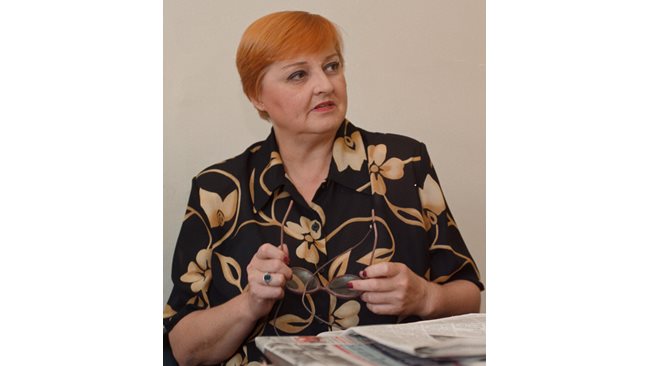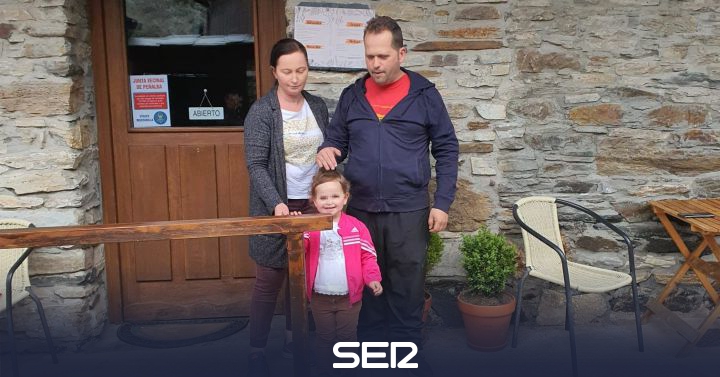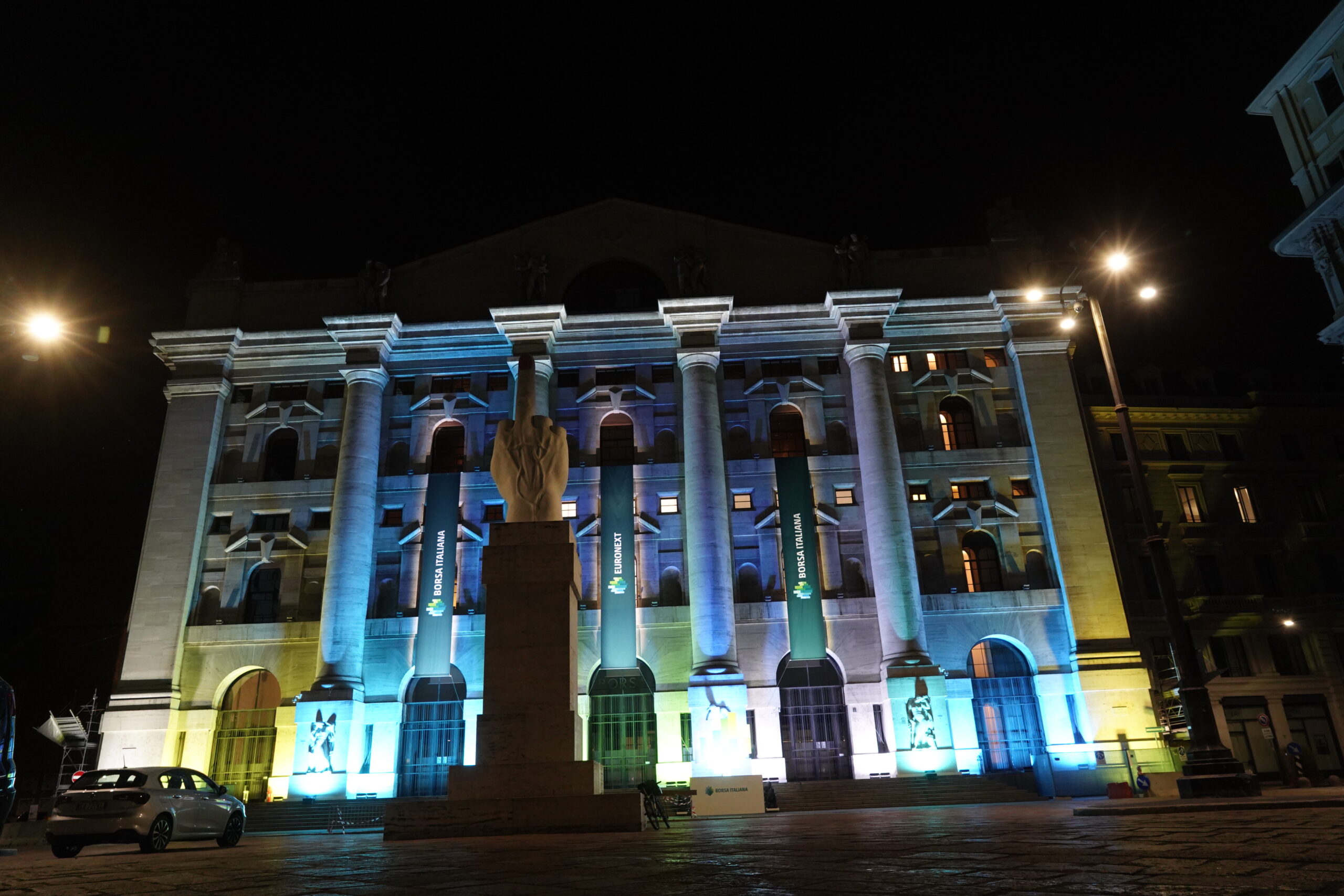For many of those born in the 80s and 90s, the name of Ani Kruleva hardly means anything. Between 1992 and 1995, however, it did not appear on the front pages of newspapers. Ani Kruleva is the first and so far the only woman to head the National Investigation Service.
She was born on October 10, 1941 in Sofia. He graduated in law and has a postgraduate qualification in patent law at MEI. He comes from a family of parents repressed by the communist government. Her father is a translator. Kruleva’s professional career began as a legal consultant at the Vasil Kolarov plant.
She admitted that
in life the purest
and the light was among
workers with whose
complaints dealt with
and helped them
to fight the socialist bureaucracy.
Then she spent 20 years as a prosecutor in the Sofia City Prosecutor’s Office, where she found the changes.
In 1992, during the first UDF government, he headed the investigation. She was supported by the then Minister of Interior Yordan Sokolov and President Dr. Zhelyu Zhelev, who signed the appointment decree. Three years later, after a series of scandals, he again signed a decree releasing her.
At the beginning of her career in the investigation, some called her a man of the former State Security, others defined her as a “blue girl” put on the post to dismiss her. At the beginning of democracy, Ani Kruleva was also an author in the newspaper “Democracy” and some believe that it was then that she was noticed by the blues. She wrote several articles entitled “Letter to an old acquaintance of mine”, in which she spoke about the files and the time before November 10, 1989. Her articles are addressed to the then Prime Minister Andrei Lukanov.
She herself admits that investigators greeted her with great fear.
A week after going to work, she called an investigator to assign him a case. He was so frightened that he could not speak when she handed him the files. “I was underestimated as an outsider, thinking that I would go against the investigators in terms of staff replacement, I would dismiss the personnel related to the former BCP,” Kruleva said in an interview.
She is
extremely
loyal to
your subordinates
and is among the most zealous defenders of the thesis that the investigation should not be destroyed.
By the way, Ani Kruleva is the person who sees potential in the investigator Boyko Rashkov, whose name is very relevant lately, and makes him his deputy in the national investigation.
When the Supreme Judicial Council wanted to remove her from office in 1995, investigators from three districts announced that they would go on strike in support of her.
Very soon after the appointment, Kruleva showed that she did not spit at all, and demonstrated not only a gift of speech, but also an enviable determination. Even when Filip Dimitrov and Yordan Sokolov thought they were appointing their own man when she was appointed, she too quickly showed that this was not the case.
In 1993, he announced from the parliamentary rostrum that the executive was interfering in the work of the judiciary.
Entering the investigation, which at that time was still in the system of the Ministry of Interior, she acquired the rank of colonel. Later, to ironize her, enemies often called her “Colonel Kruleva.” However, she is the one who says that the final demilitarization of the investigators will have a negative impact on their work.
Among the most outspoken opponents is the then chief prosecutor Ivan Tatarchev, who actually nominated her for the post. The conflict between them erupted in 1993, when
in front of the deputies
she announces that
sign blank
search forms
In an interview later, she revealed that another dispute between them was over the manner in which the Prosecutor General’s Office amended the remand measures. At the time, the measures were changed by prosecutors, not the court.
A year after 1993, Kruleva called Tatarchev on the phone with the recommendation not to release Boyan Petrakiev-Barona from the prison in Bobov Dol. He gave President Zhelev a list of 150 dangerous criminals released.
Tatarchev called the list a “legal bubble”, but a day later the eighth was shot like a dog.
On March 16, 1994 Kruleva
reports that because
the “That List” case
are eavesdropped on
phones,
without notifying investigators.
While he was in charge of the service, several attempts were made to remove him. One of them was through a subscription organized by the then members of the SJC, which eventually succeeded. In recent years, Ani Kruleva has worked as a lawyer.
“I was raised spartan. I rest and read at home, but I don’t seem to feel comfortable. “It’s good when I do my job well and achieve something,” she said in an interview.
Between 1992 and 1997, Ani Kruleva was also a member of the Supreme Judicial Council, where she continued to defend the investigation. She then continued her career as a lawyer and practiced this profession for 11 years.
In more than one interview, she has repeatedly said that politicians use the Interior Ministry and the judiciary as a scapegoat.
In the last years of her life, she lived in Zagreb with her daughter. Her severe fight against cancer, which the legendary head of the investigation lost on July 20, 2013, lasted for two years.
– .


